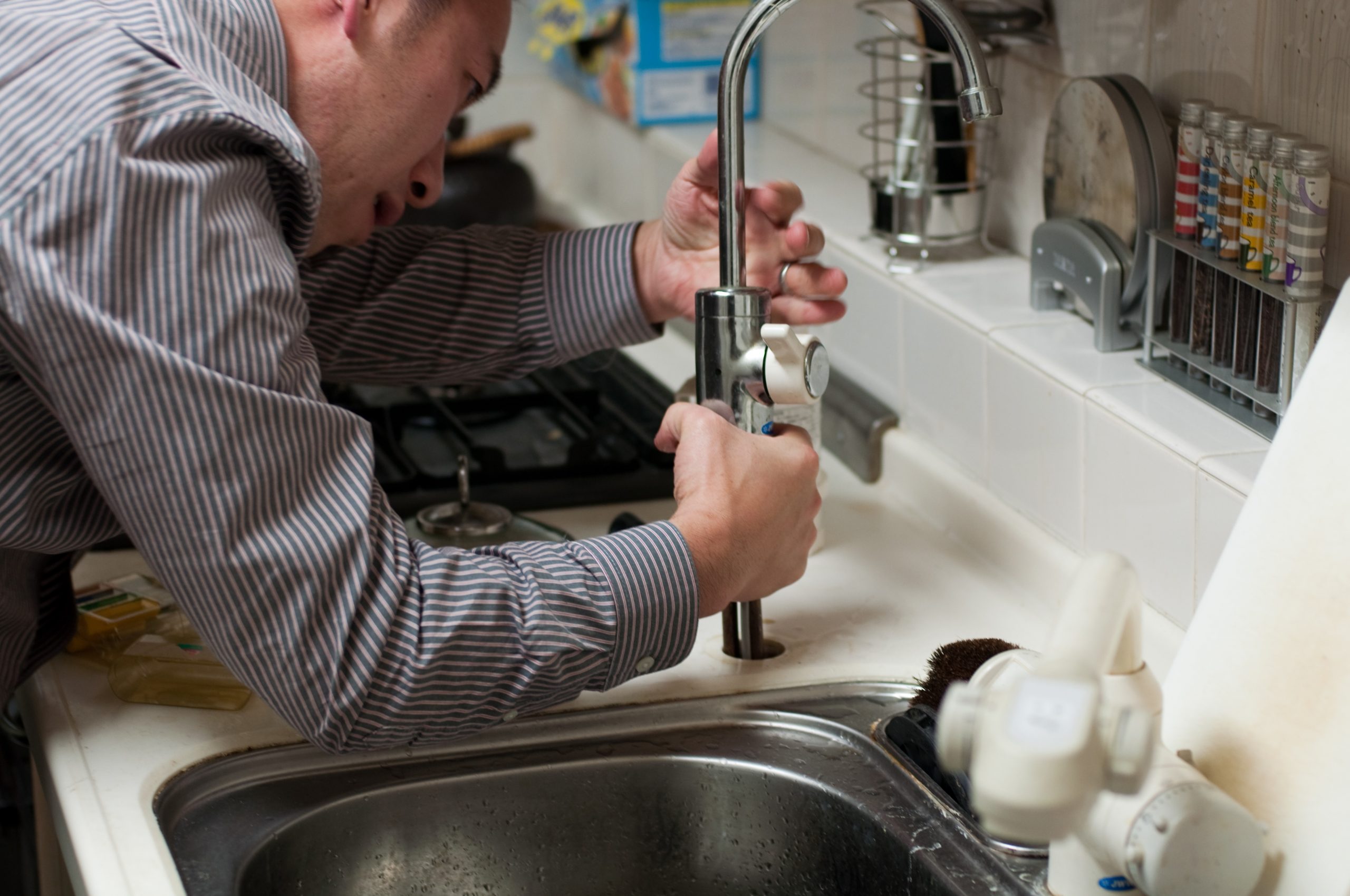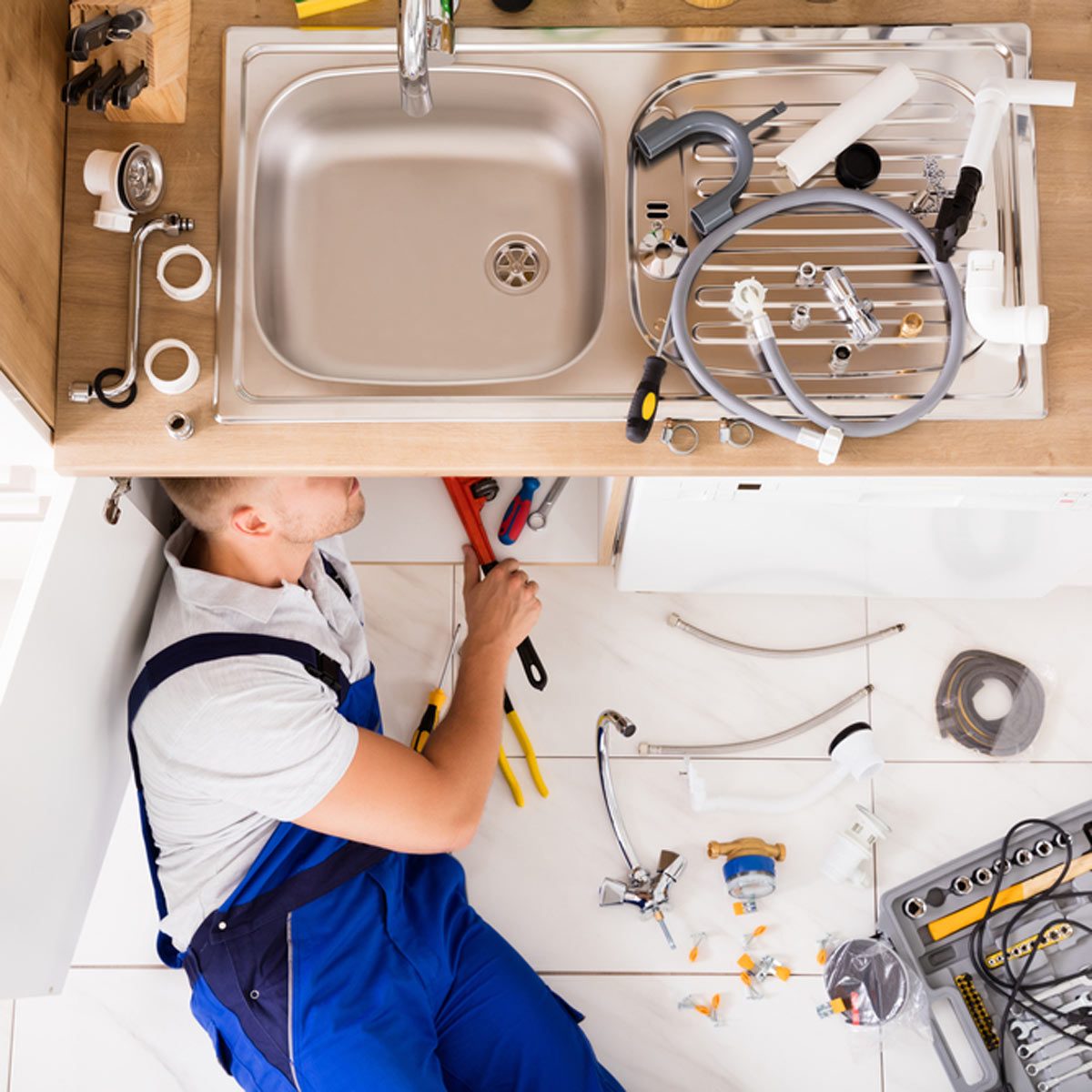Vital Winterizing Tips: How to Keep Your Pipes Safe from Bursting in Frigid Temperatures
Vital Winterizing Tips: How to Keep Your Pipes Safe from Bursting in Frigid Temperatures
Blog Article
Do you find yourself interested in advice about Winterizing Your Pipes?

All house owners who stay in pleasant climates have to do their finest to winterize their pipes. It is something you must do throughout fall before deep winter season really starts. Failure to do so can lead to disaster like icy, fractured, or burst pipes. Right here are some handy winterizing hacks to keep your plumbing system shielded even if the weather condition outside is shocking.
Switch on the Faucets
When the temperature level drops as well as it seems as if the freezing temperature level will certainly last, it will help to turn on your water both inside your home and outdoors. This will keep the water streaming via your plumbing systems. You'll finish up wasting gallons of water this method.
Open Up Cabinet Doors Hiding Plumbing
When it's cold outside, it would certainly be helpful to open up closet doors that are camouflaging your pipes. Doing this tiny method can maintain your pipes warm and limit the potentially dangerous end results of freezing temperature levels.
Require Time to Cover Exposed Pipeline
One very easy as well as awesome hack to heat up icy pipes is to cover them with warm towels. You can likewise use pre-soaked towels in warm water, just do not fail to remember to wear safety handwear covers to secure your hands from the heat.
Attempt a Hair Dryer or Heat Weapon
When your pipes are practically freezing, your reliable hair dryer or warmth gun is a blessing. Bowling warm air directly right into them may aid if the hot towels do not aid remove any type of resolving ice in your pipes. However, do not utilize various other items that generate straight fires like a strike lantern. This can result in a bigger calamity that you can not control. You might end up harmful your pipelines while trying to thaw the ice. And over time, you may also wind up shedding your residence. So beware!
When Pipes are Frozen, shut Off Water
Shut off the major water shutoff right away if you see that your pipelines are totally icy or nearly nearing that phase. You will typically discover this in your basement or laundry room near the heating system or the front wall surface closest to the street. Transform it off today to stop more damages.
Don't forget to close exterior water resources, also, such as your connection for the yard home. Doing this will certainly stop extra water from filling your plumbing system. With more water, more ice will certainly stack up, which will at some point lead to break pipes. If you are uncertain about the state of your pipes this winter months, it is best to call a specialist plumber for an inspection. Taking this aggressive technique can conserve you countless dollars out of commission.
All homeowners that live in pleasant climates need to do their finest to winterize their pipes. Failing to do so can lead to catastrophe like frozen, cracked, or burst pipes. If the warm towels do not help dislodge any kind of clearing up ice in your pipes, bowling hot air straight right into them may help. Transform off the main water shutoff instantly if you notice that your pipelines are completely icy or practically nearing that stage. With even more water, more ice will certainly stack up, which will eventually lead to break pipes.
PREVENT YOUR PIPES FROM FREEZING THIS WINTER
A Leading Cause of Property Damage
When the weather is taking a deep nose dive into the cold dreary days, the risk of your pipes freezing and potentially bursting skyrockets. Unfortunately, during these cold dreary months, burst pipes are the most common denominator for property damage. The pipes that are most at the risk are those that are in areas where it is most cold in your home. For instance, pipes located in interior places such as basements, attics, and your garage. Unfortunately, that doesn’t mean that the pipes running through your cabinets or exterior walls can’t freeze. Good news, however, is that you can do things to help prevent pipes from freezing.
How to Prevent Pipes From Freezing
Once the temperature starts to drop during the winter, you should be taking the proper measures needed to ensure that your pipes stay warm and that there is circulation of water through them. Some steps that experts may recommend could go against your better judgement when it comes to saving water and heat. However, it would go without saying that when expenses are compared, damaged pipes could put a bigger dent in your wallet than a water bill.
What Can I Do?
Keep your garage door closed. This is very important, especially if you have water supply lines running through your garage. Open your kitchen and bathroom cabinets to allow warm air to circulate through them. Allow air circulation throughout your home. Keeping the interior doors open will once again allow the warm air to circulate inside your home. Ensure your thermostat is running the same temperature throughout the night and day. If you plan to be away from home during the cold months, set your temperature no lower than 55° F. This should provide enough heat to keep the pipes warm and prevent any remaining water inside the pipes from freezing. For more of a long-term solution, add insulation to attics, basement, and other crawl spaces around your home. By allowing your faucet to drip, it will alleviate pressure in the system. This is important because the pressure that is created between the blockage and the faucet can potentially cause the pipes to burst. Allowing the faucet to drip will prevent the pressure from building up, therefore keeping the pipes from bursting. Seal any cracks, openings, and crawl spaces around your home to prevent cold air from coming inside. This keeps your pipes-not to mention your home-warmer and less susceptible to issues caused by freezing temperatures. For the pipes in your home that are easily accessible, applying electrical tape to them might prevent them from freezing over. This is a quick fix, as you can apply the tape directly to the pipe. There are two options for heating tapes. One turns on and off by itself when it senses heat is needed. The other type of heating tape needs to be applied when heat is needed and removed when not necessary. If you have exposed pipes in your home, you can check this website to take a look at a few options that would be available at a shop near you.

I ran across that content about Winterizing Your Pipes while scouting around the web. You should take the time to distribute this content if you appreciated it. We appreciate reading our article about Prevent Freezing and Bursting Pipes.
Schedule Today Report this page